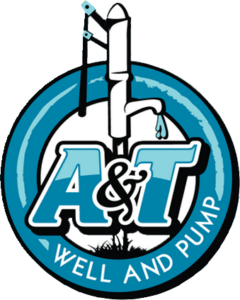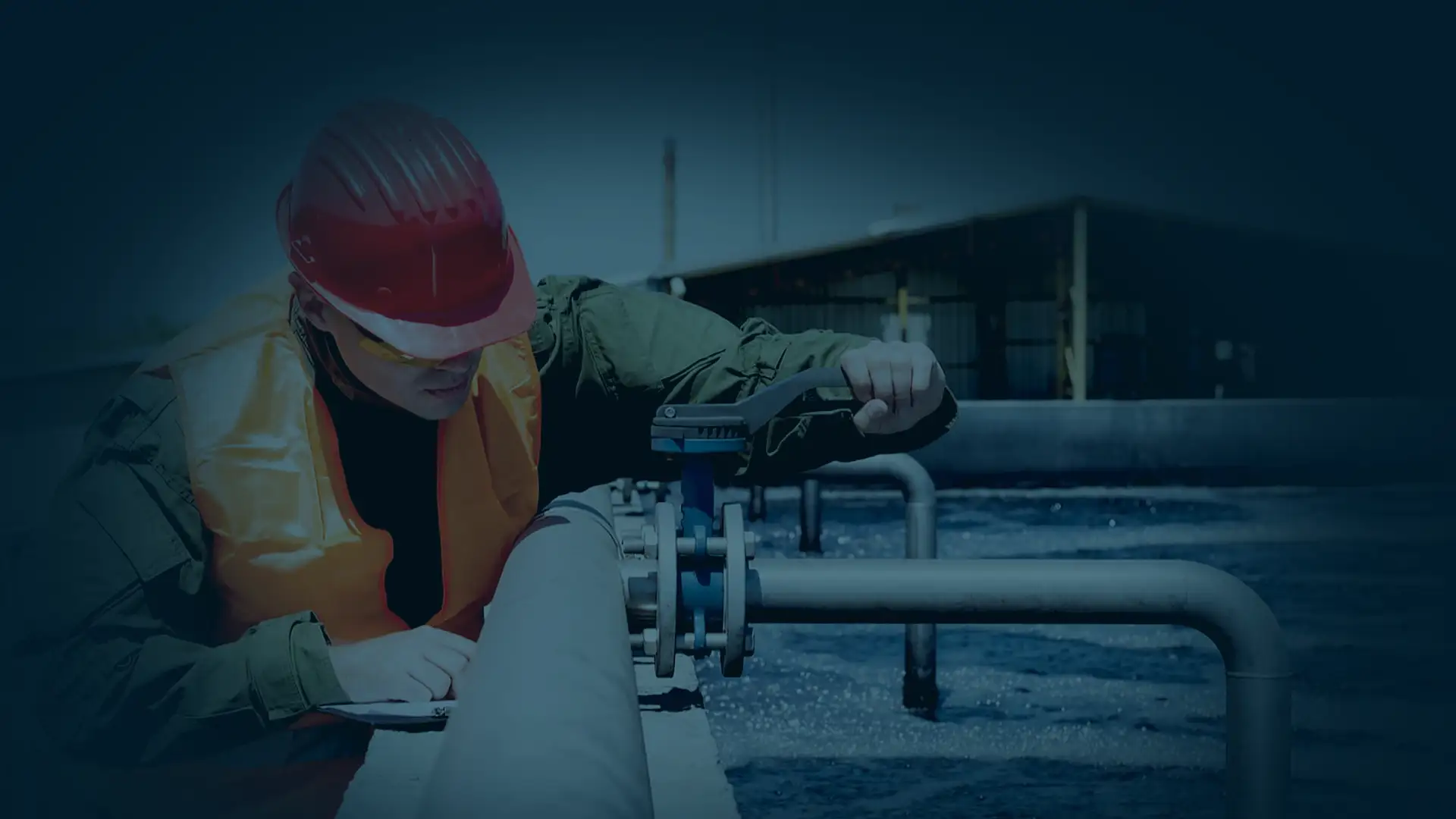6 Signs You Have Hard Well Water
Hard well water is a common problem that affects many households in the Raleigh area. It is an annoying nuisance that can lead to unexpected costs and expenses. To understand more about this issue, we're sharing what it means to have hard water, signs you have it, and how you can remedy the situation.
What Is Hard Water?
Hard water is simply water with a very high mineral content, usually calcium and magnesium. As water filters through layers of rock, minerals are dissolved and infused into the water. Then, that mineral-infused water is pumped into your home and can cause many unpleasant problems.
How Local Geology Impacts Well Water Hardness
The rocks found in your area can play a role in the hardness of your water. If you have a lot of sedimentary rocks in your area, like limestone and sandstone, these rocks contain many water-soluble minerals. This means the water will attract more calcium and magnesium, resulting in harder water.
If there are more igneous rocks in the area, like granite, you’re likely to have softer water because these rocks typically have lower mineral content levels.
How Is Hard Well Water Measured?
Water hardness is measured as calcium carbonate in milligrams per liter (mg/l). It can be divided into four different hardness levels:
- Soft: less than 75 mg/l
- Moderate: 75-150 mg/l
- Hard: 150-300 mg/l
- Very Hard: Above 300 mg/l
Once you have your water tested, you can determine if you have hard well water and what steps you need to take.
Top 6 Signs You Have Hard Well Water
To determine if you have hard well water, look for these common signs around your home:
Sign #1 - Slow Water Flow
If you have poor water pressure or your pipes are often clogged, that's a clear indicator of hard well water. The minerals in the water can create a lime-scale build-up in your pipes and around your fixtures, choking off your water flow. Hard well water is especially noticeable from your shower head where the holes are small and more easily clogged with a build-up of mineral residue, but it can affect any faucet or plumbing fixture. In some more severe cases, you may even see an unattractive scaly buildup around the opening of your faucets.
Sign #2 - Soap Scum Residue
Hard well water reacts with soap and detergent, leaving a filmy white soap scum residue. This most commonly builds up in your shower, but you may also notice it in your dishwasher, sinks, and washing machines. While you can scrub away soap scum, that's a temporary fix that will continue to occur until you address the hard well water you have.
Sign #3 - Dull, Scratchy Clothing
Have you noticed your towels feel scratchy or your jeans feel stiff? Just like how hard well water leaves soap residue on your shower and inside your washing machine, it also leaves residue on your clothes. Hard well water is unable to fully rinse off detergent, leaving laundry detergent to build up, making them feel stiff and scratchy. Over time, your clothes will look dingy, may take on a musty odor, and even wear out faster, costing you hundreds of dollars a year!
Sign #4 - Dry Skin and Hair
Having hard well water can be hard on the skin and hair, especially the sensitive skin of babies and children. This is actually a two-fold problem. First, the water itself leaves harsh mineral residue on your skin and hair, drawing out natural moisture. Second, soap, body wash, or shampoo isn't being fully rinsed away, leaving behind a residue that can irritate your skin and make your hair dry and dull. Studies show that hard water can even trigger eczema or dermatitis, especially in children.
Sign #5 - Spots on Dishes
When you take your dishes out of the dishwasher or put them away after hand-washing, do they have white or gray-looking spots on them? Just like the layer of soap scum in your shower, the minerals found in hard well water react with the dish detergent and unattractive spots on your glasses, dishes, and utensils.
Sign #6 - Issues With Your Appliances
One of the biggest costs of having hard well water is the toll it takes on your appliances. The life span of your washing machine, dishwasher, ice maker on your refrigerator, and hot water heater can all be drastically reduced due to the mineral buildup inside the elements. If your appliances are not working properly or they are wearing out faster, high levels of minerals are most likely to blame.
Solutions for Hard Well Water
If you do have hard well water, you don't have to suffer with itchy skin, broken appliances, and filmy bathtubs. There are two common solutions you can choose from:
Water Softeners
You can have a water softener installed, which runs your water through a tank of water-softening salt. The magnesium and calcium ions bond to the resin in the softener and are replaced with sodium. While it effectively softens your water, it does add sodium, which can cause health concerns and raise blood pressure. Using a water softener can also be inconvenient, as you have to replenish the salt, dispose of old brine carefully, and maintain your system. Additionally, softened water can't be used to water plants or grass.
Well Water Filtration Systems
Using a well water filtration system for your Raleigh home not only eliminates the minerals that cause hard well water, but you can also feel confident that other contaminants are safely filtered from your water. Unpleasant odors, tastes, or cloudiness can all be removed, leaving you with safe, clean water the whole family can enjoy! Cook, bathe, garden, and drink with confidence knowing that filtered water is a safer solution to hard water.
FAQ About Hard Well Water
Is it safe to drink hard well water?
Drinking hard well water is usually not a health concern, but you may see a negative impact on your hair, skin, and nails.
Is hard water found more frequently in shallow or deep wells?
Hard well water is generally found in deeper wells because the water has to go through several layers of rock. As it travels down, it is more likely to absorb minerals like calcium and magnesium that increase the hardness level.
Can well water get harder over time?
Yes, as dissolved minerals build up over time, well water can become harder.
Contact Us for Well Water Filtration in Raleigh
If you have hard well water and want to learn more about getting a water filtration system for your home, contact A&T Well and Pump today! Our experienced team can answer questions, address concerns, and provide you with a quote as well as test your well water to see if there are other concerns you should know about. Call us today at 919-291-4063 or fill out the form below to get started!

